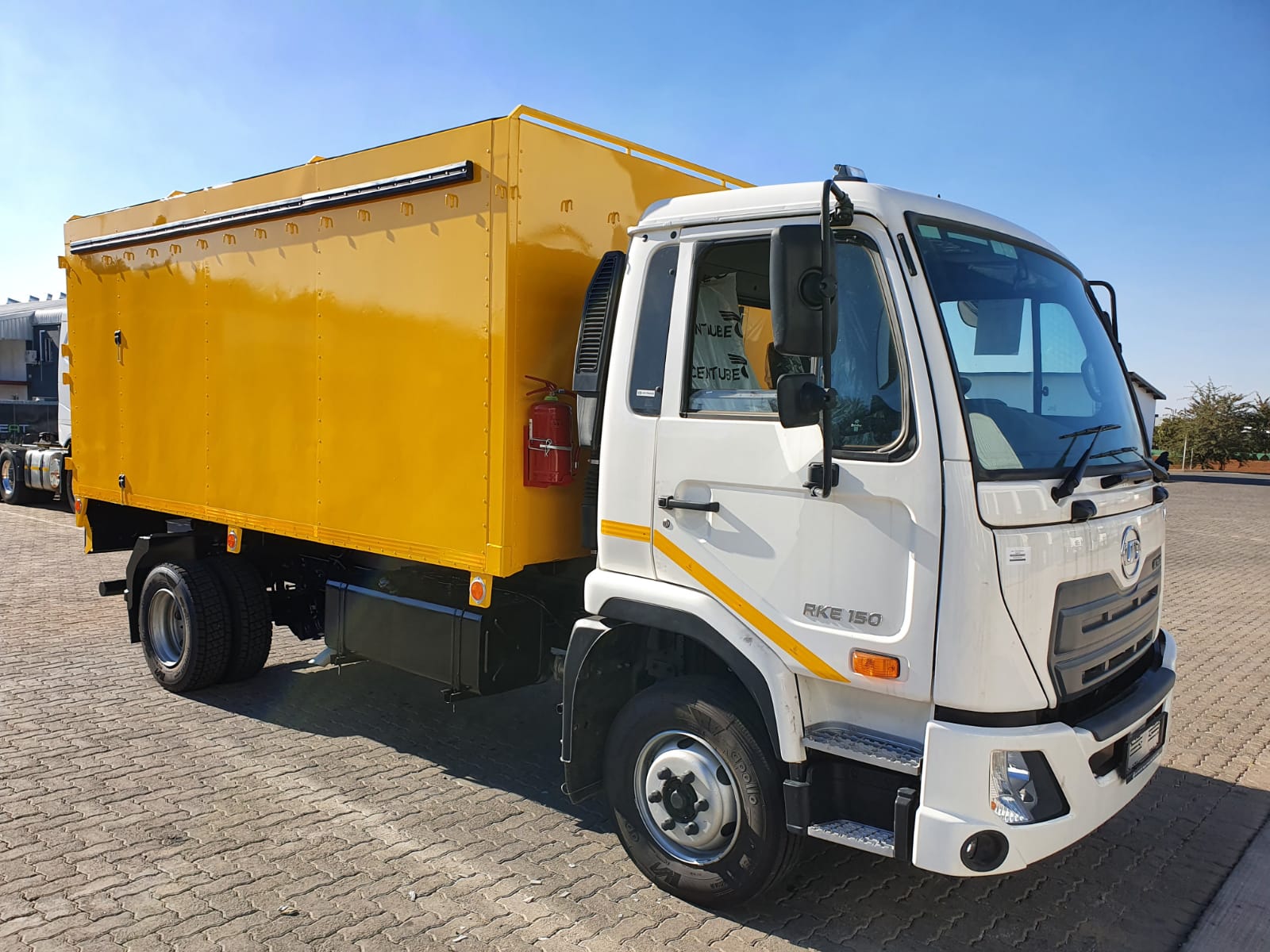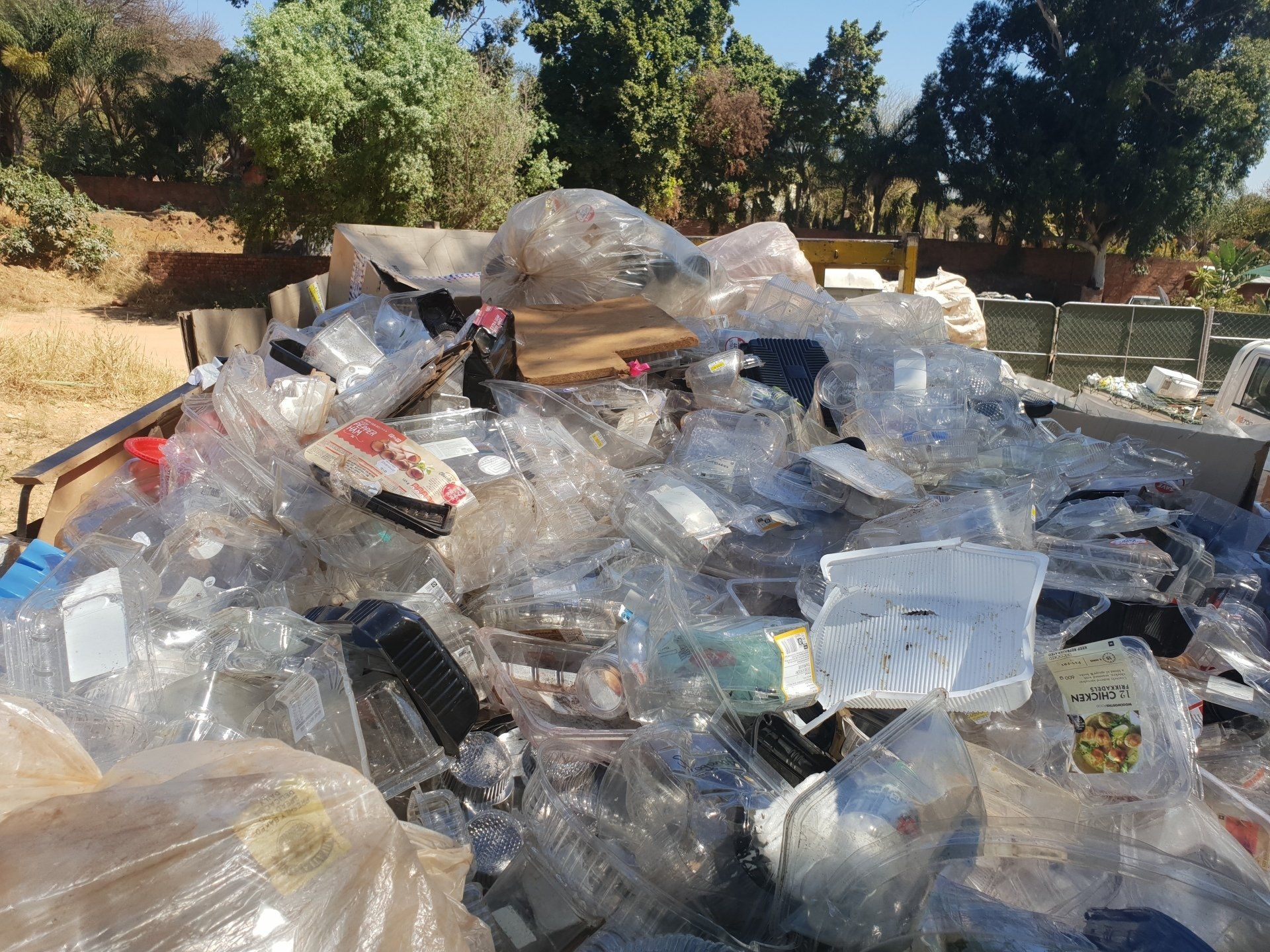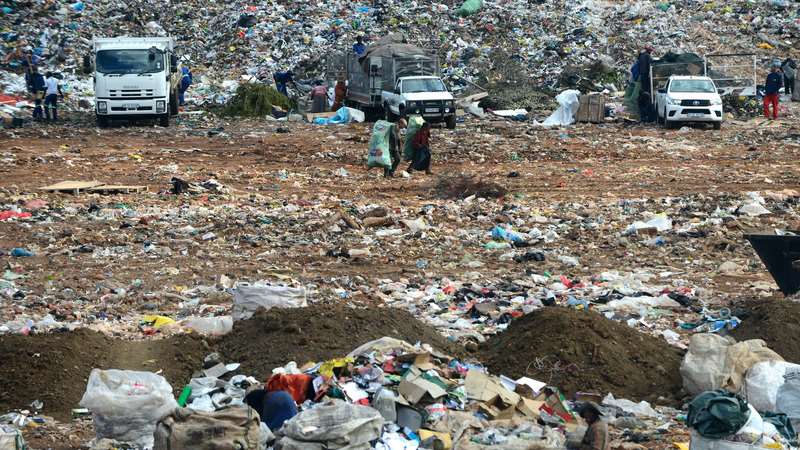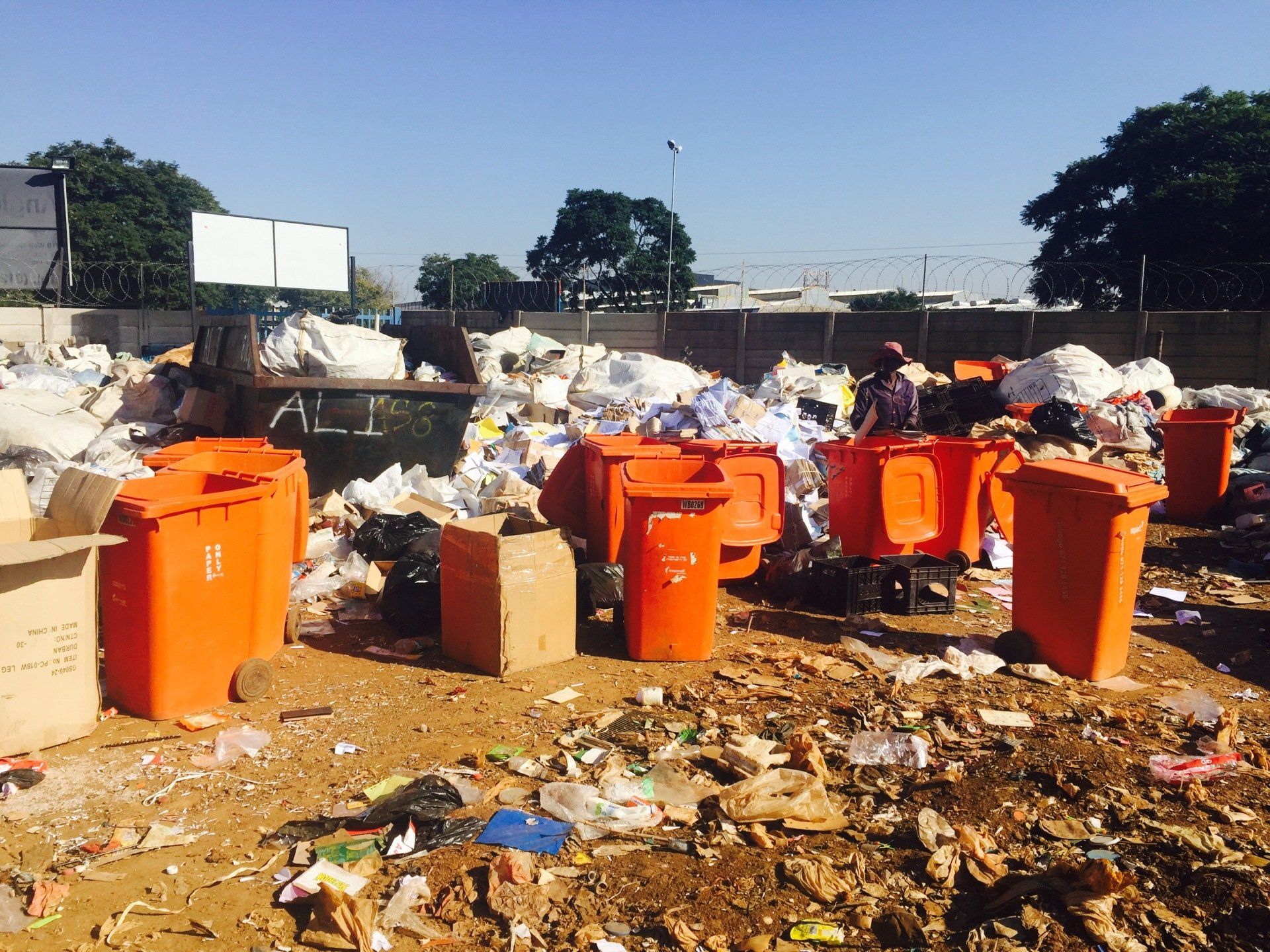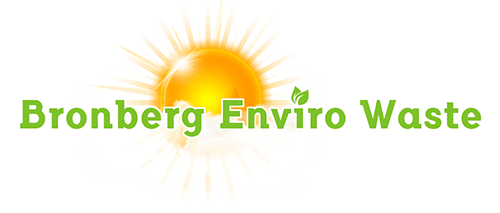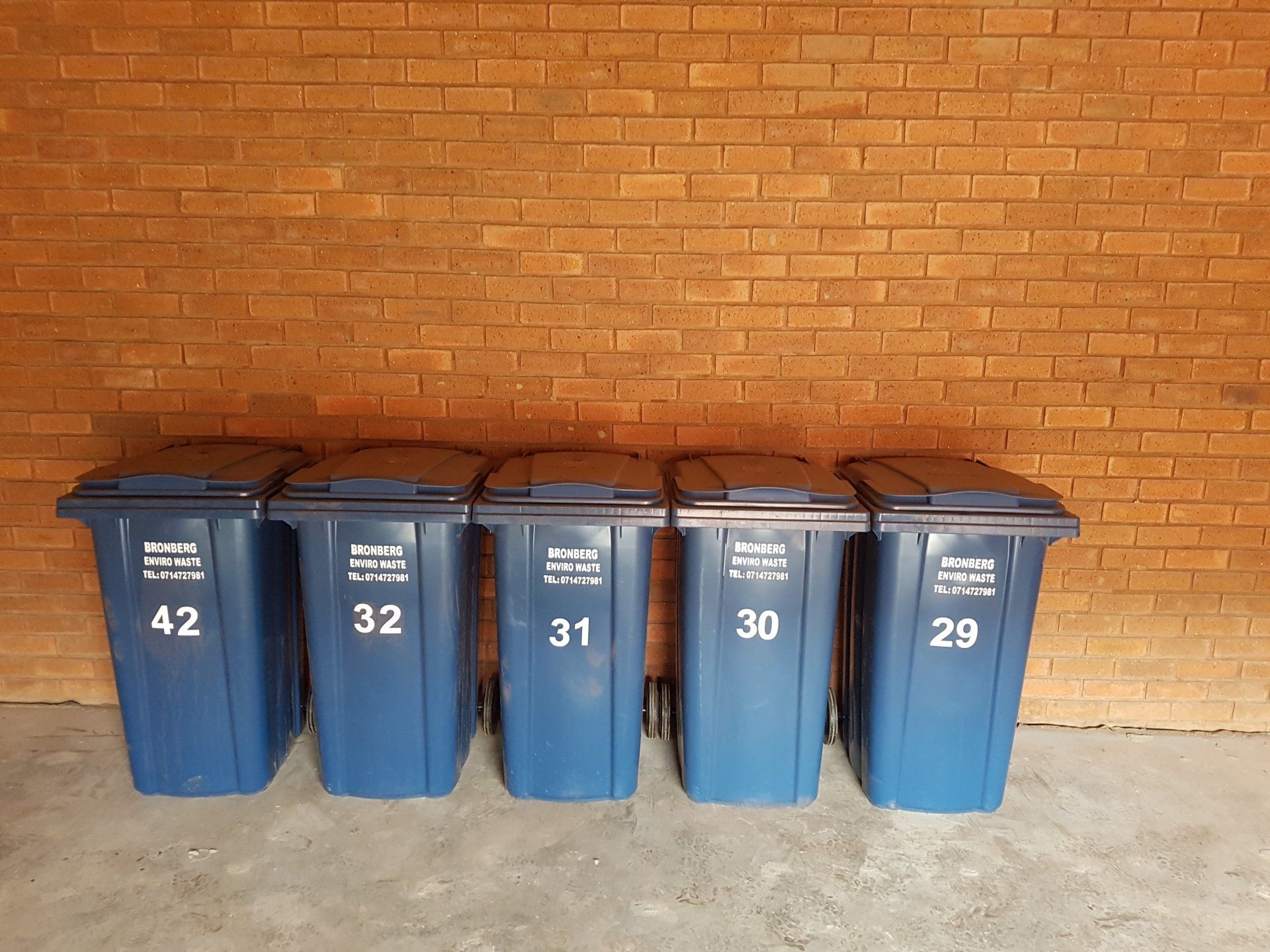Status of Waste Management in South Africa

Forestry, Fisheries and the Environment 18 February 2022
Chairperson: Ms F Muthambi (ANC)
“In an extended virtual meeting, the Portfolio Committee received briefings on waste management from the National Department of Forestry, Fisheries and the Environment, the Gauteng Provincial Government, the Eastern Cape Provincial Government, the City of Johannesburg, the City of Cape Town, the City of Ekurhuleni and the City of eThekwini. Other stakeholders included Plastics SA and the South African Waste Pickers Association.
The national, provincial and metropolitan governments set out how they handled waste management and what their responsibilities were. They detailed the challenges they faced in providing new landfill sites and in funding and integrating waste management plans. They highlighted a lack of law enforcement against illegal waste practices.”
…an extract …
“Challenges for waste services
The Committee was told that IWMPs was a key planning tool for municipalities and provinces to provide universal access to waste collection services. About 50 percent of municipalities and provinces had IWMPs.
Waste collection services in metros ranged from 70 percent to just over 90 percent. The challenge was in the informal settlements. Waste collection was below 60 percent in provinces that were mostly rural. Waste collection in traditional areas was just below 40 percent because municipalities had limited influence in those areas.
Average access to waste collection services across the country had remained steady at just over 70 percent over the years.
Waste management suffered from pervasive under-pricing, which meant that the costs of waste management were not fully appreciated by consumers and industry, and waste disposal was preferred over other options.
Ms Musekene took Committee Members through slides 21,22,23 of the presentation which gave a breakdown in figures and graphs on waste management and services per province. She said communication of roles and responsibilities was critical in an ever-changing environment. Provinces must assign responsibility for EPR schemes. There should be integration and cooperation among the spheres of government on institutional planning and implementation of waste management.
The Chairperson invited Members to engage with the presentation.”
Responses
“Ms Musekene said …. extract …” The private sector had also invested in diverting waste away from landfills. This included composting facilities, mostly for organic waste. The DFFE had recognised that human waste made up the biggest portion of waste that ended up in landfills. New norms and standards had been developed for the generation of electricity through biogas, but this was happening on a small scale.
She said a levy on plastic levy had been implemented and it had been increasing to discourage consumers from buying plastic bags. From 2023 the DFFE would look at product design. All plastics would have to have 50 percent recyclable content. It would eventually increase to 75 percent in 2025 and to 100 percent in 2027.”
“She invited Ms Mamogala Musekene, Deputy Director-General: Chemical and Waste Management, to make a presentation.”
